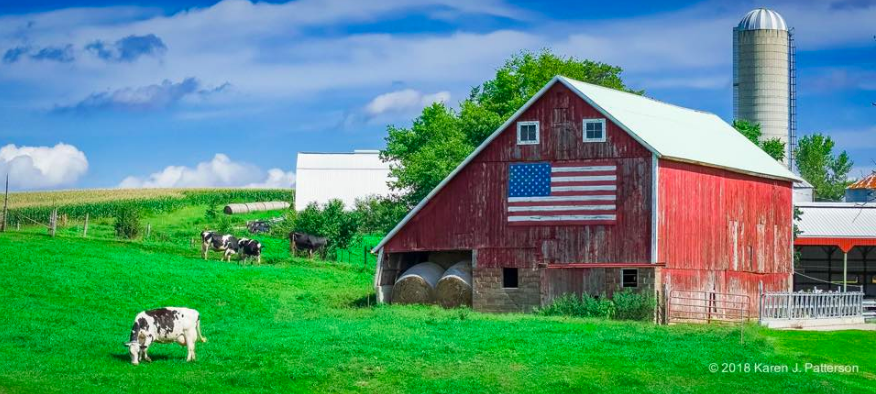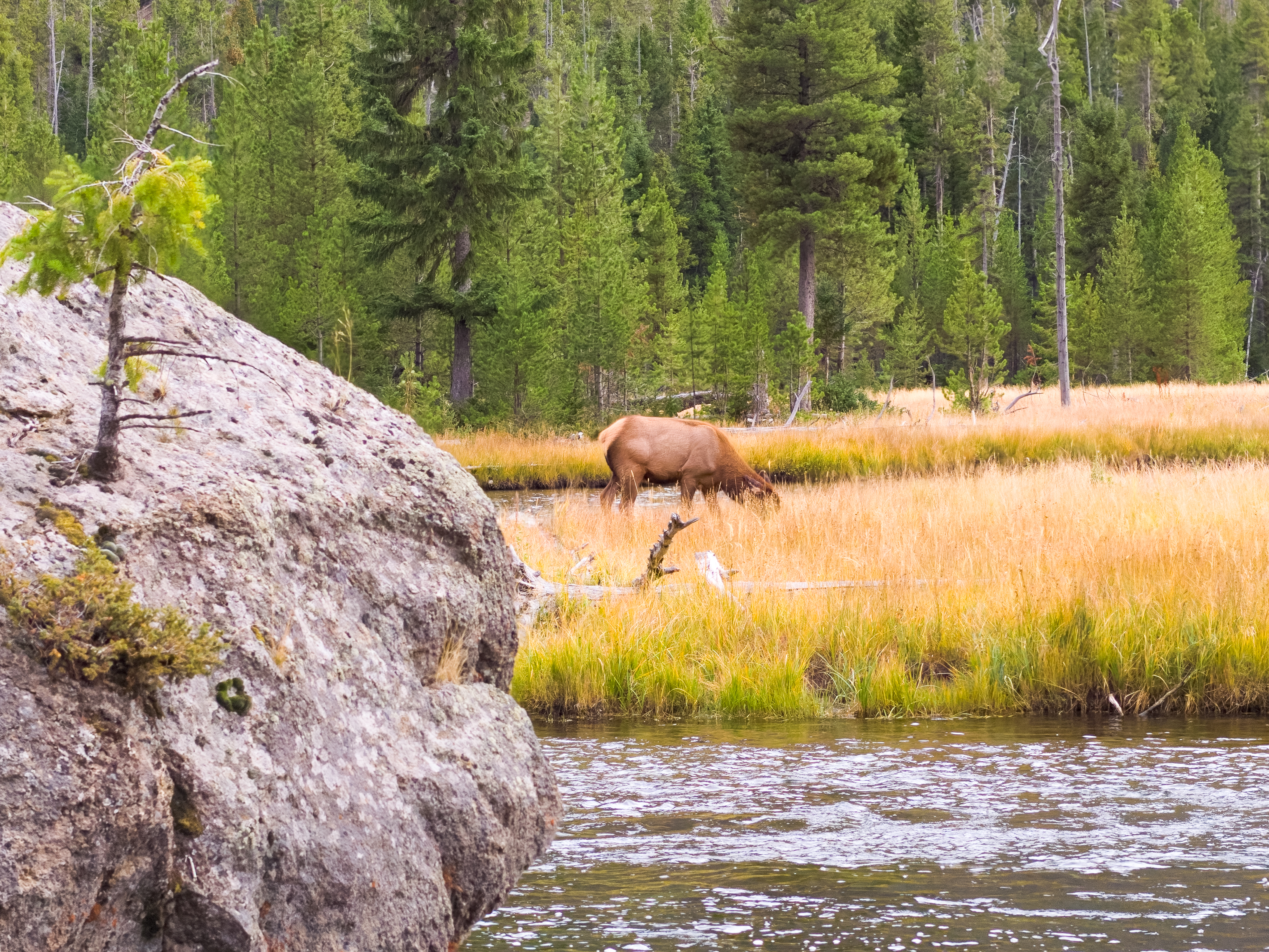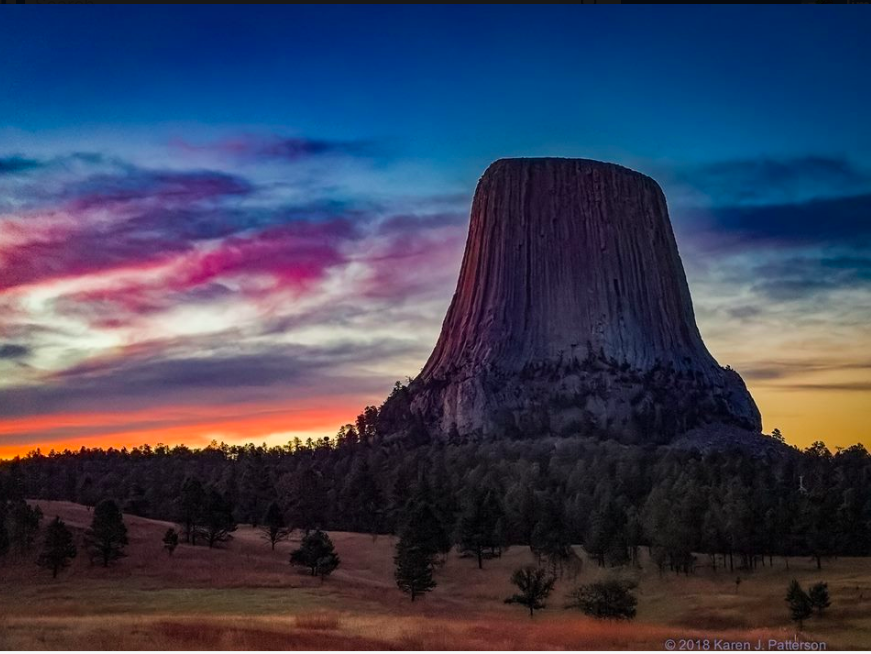
It is only when we make the journey to the margins that we can begin the work of blurring the us-them line that exists to varying degrees in most all of us. Few things will bring an attitude swing like a personal encounter with the poor.
As we prepared to visit a homeless encampment, participants at my parish’s Faith and Poverty study were asked to watch for signs of Christ where you would least expect to find them. As it turned out, to the surprise of more than one of us, finding Jesus in the poor was not the most difficult task we’d ever been given. Last week, we met a husband and wife in a homeless encampment just off I-45 in Harris County.
Sherry has lived on the streets for 25 of her 35 years. Her birth mother gave up her for adoption when she was an infant and she was passed around the system for most of her childhood years. She says she has forgiven her mother. Sherry’s husband, Paul, has lived on the streets for 15 years. He is visibly beleaguered, downtrodden at the life he wakes up to each morning.
Sherry bounced from family to family as a kid, and when she turned 18, she was booted out of the system and wound up on the street. “Has anyone ever taken care of you?” I asked her. She said no, without an ounce of self-pity or sorrow, just a matter-of-factness in her voice.
Paul and Sherry have a dog. They call her Princess Leia, because the dog’s ears reminded Paul of Carrie Fisher’s hairstyle in the early “Star Wars” movies. Princess never leaves Sherry and Paul’s campsite. And despite the bleakness of the living arrangements, the dog seems none the wiser. Let’s just say she hasn’t missed many meals.
“Princess always eats first,” Sherry said. Turns out St. Francis lives among the poor, too.
Tucked amid the empty water bottles and spent pieces of cardboard and sandwich bags in their supply cart was a cat, frisky and well cared for and, like Princess, not one to just up and leave the campsite. At the edge of the encampment sat a raked and recently cleaned litter box. Even if your home is a 10 x 10 patch of shade under a grove of trees, near a convenience store that serves as your bathroom, you still want it well kept.
Homeless maybe, but not without self-respect or the desire for cleanliness, which is next to you know what. The love of Christ … on full display in a homeless couple’s care for God’s creatures.
The couple pitches a tent on a street corner constantly abuzz with passing traffic. At the request of a nearby business, they take down the tent every morning, and re-pitch it at night.
Sherry’s arms and legs are mostly covered in insect bites. She and Paul pass around a stubby, filtered cigarillo and sit and visit with us, I would guess much like you do when a guest walks into your living room.
They’re sitting on a 6×8 piece of cardboard and it suddenly dawns on me that it is their bed. I look down and see the toes of my shoes on the corner of the cardboard, and suddenly realize how unhappy I would be if a stranger walked into my home and climbed up on my mattress.
They told us they had been shot at more than once, and were recently hit by BB-gun bullets fired by teenagers taking potshots at them late one night. Both have the marks to prove it up — physical and otherwise.
Someone asked the hardest part of living on the street. That’s easy, Sherry said: “Not knowing if we’re going to wake up in the morning.”
I’ve been asked too many times about who I think among the homeless deserves our help and who doesn’t. Frankly, I am amazed at anyone bold enough to think they can make that call. “They could get a job if they tried. They’re just working the system, y’know?” I hear.
On the other hand, given the proximity of Christ to the poor on the day we visited (and on any other day for that matter), and given the fact that our charge to keep the poor close appears in Scripture more than 200 times — I’m pretty comfortable discussing a homeless person’s worthiness with you.
Dorothy Day once said, “Love and ever more love is the only solution to every problem that comes up. If we love each other enough, we will bear with each other’s faults and burdens. If we love enough, we are going to light a fire in the hearts of others. It is love that will make us want to do great things for each other.”
Some might call that wishful, foolish pie-in-the-sky thinking. Christ just called it the Gospel.



 Yellowstone saved its best for last. In the week we lived here, we were given snow, rain, cold, clouds and the most exquisite creations we have ever seen. It was so foggy on the day we arrived it was impossible to see over the edge of the mountain on which we drove, near the park’s north entrance. Given my extreme fear of heights and winding, twisting, droppy-offy mountain roads, it felt like yet another gift from God that he would shroud his beauty in a gray blanket to keep me from having a full-on nut panic as we pulled our 15,000 pound home-on-wheels behind us.
Yellowstone saved its best for last. In the week we lived here, we were given snow, rain, cold, clouds and the most exquisite creations we have ever seen. It was so foggy on the day we arrived it was impossible to see over the edge of the mountain on which we drove, near the park’s north entrance. Given my extreme fear of heights and winding, twisting, droppy-offy mountain roads, it felt like yet another gift from God that he would shroud his beauty in a gray blanket to keep me from having a full-on nut panic as we pulled our 15,000 pound home-on-wheels behind us. The sun slipped behind the mountain and with its disappearance came an almost instant coolness and a hurried farewell to the light of another day. It was the last night of summer, though fall temperatures had arrived in Northeastern Wyoming several days earlier. A rustic Tom Petty tune filled our campsite gently so as not to interrupt the quietness of the early evening, although most campers seem like they’d welcome a louder “Lonesome Sundown.”
The sun slipped behind the mountain and with its disappearance came an almost instant coolness and a hurried farewell to the light of another day. It was the last night of summer, though fall temperatures had arrived in Northeastern Wyoming several days earlier. A rustic Tom Petty tune filled our campsite gently so as not to interrupt the quietness of the early evening, although most campers seem like they’d welcome a louder “Lonesome Sundown.”